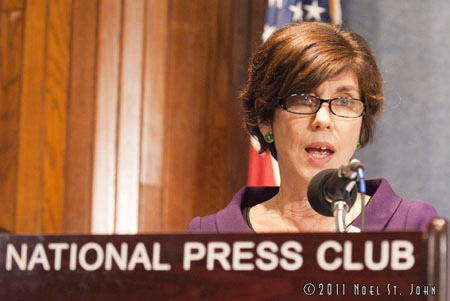
Quisque ipsum nibh, ullamcorper eget, pulvinar sed, posuere vitae, nulla.
Working with the media in Freetown can be enormously frustrating and tiring. But a quick comparison of where we were a few years ago shows just how far we’ve come.
During the brutal, ten-year war, Sierra Leone suffered a massive brain drain/exodus of journalists, teachers, business-people, politicians and young community leaders. In many ways, the country's media has never recovered. As a result, there are many challenges, both large and small.
Since the end of the conflicts in 2002, there’s been a proliferation of newspapers and radio stations. Thirty-two “daily” newspapers are published in Freetown and somewhere around 50 radio stations serve a population of approximately six million. However, the literacy rate is officially recorded as 30% of the population and expensive batteries for radios are the biggest barrier to listenership.
Most of the newspapers (10-12 pages each) don’t publish everyday… and most are either politically partisan, owned by government members/political “wannabes” or servants to the mining industry, telecom companies and NGO advertisers.
At the end of 2000, there were only eight radio stations: six state-run and two privately owned. As of the end of 2009, there are 46 local and regional radio stations, according to the Independent Media Commission (IMC), the country’s media regulatory body. Most radio stations suffer extreme funding restrictions and some operate solely on a “when there’s fuel for the generator” basis.
Interestingly, media development NGOs are few and far between. There’s Fondation Hirondelle, JHR-Journalists for Human Rights, BBC WST, Search for Common Ground and a department of the UNIPSIL contingent. And then of course, there’s me, working with the International Center for Journalists.
I’m very fortunate to be working with and building this media development consortium. We all have our niche areas of concern… but fundamentally we’re all working towards re-building a healthy and vibrant media environment in Sierra Leone. As a group, we meet every-other week to strategize, plot and ponder. There are very good people involved… and we’re starting to see results.
There are an increasing number of “good” stories being reported. Journalists are spelling names correctly, citing statistics, getting two or even three sources and trying to balance the ever-present political agendas. The news still leads with activities of the President but soundbites from people on the street are becoming popular. Fewer journalists are being arrested and detained. There are more training opportunities available. The IMC fields fewer complaints. And, we have an immature but active public service broadcaster.
There’s no question we have a long way to go… but with such quality partners and partnerships, I can say we’re optimistic. Our regular meetings help relieve some of the frustration and fatigue… especially because we’re all in this together.